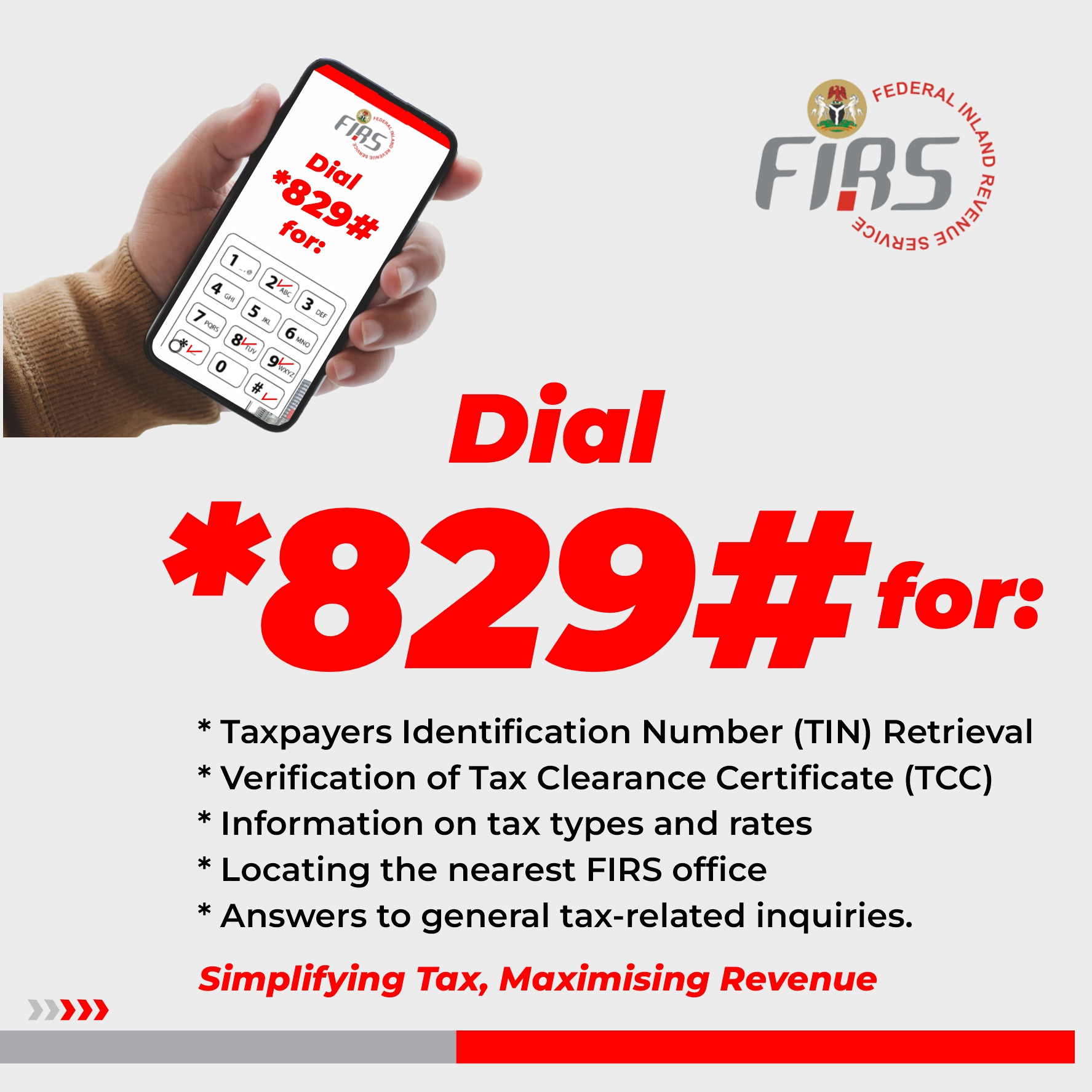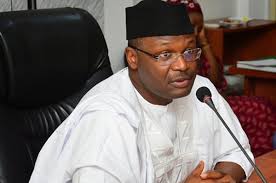News
N48.9trn 2025 captures human capital development better for first time – Senator Dickson

As Senators continue to share their perspectives on the N48.9trn 2025 presented to the joint session of lawmakers by President Bola Ahmed Tinubu on Wednesday, Senator representing Bayelsa Central Senatorial District, Seriake Dickson, has ;pointed out that the proposal dwelt on human capital development to the extent as it is for the first time in history of fiscal appropriation.

Reacting to the presentation with journalists on Wednesday, he said the sectoral allocation to education, healthcare and security which is more than other sectors was a development that would actually prosper humanities that prospers the economy, while he praised President Bola Tinubu for his insight.

The former governor who is a member of the Senate Committee on Education expressed optimism that there are better days ahead in educational development, adding that security at this point will also improve with substantial allocation in the budget.
He said: “The budget’s focus on investing in Nigerians, particularly through substantial allocations for education and healthcare is a welcome development.
“I played a role in fine-tuning the Student Loan Board, which aims to improve access to higher education for young Nigerians, and I also have strong support for the proposed healthcare investments.in the budget.
“Every government should focus on education, healthcare, and security as these are the pillars of national development,” said Dickson. “Investing in the agricultural and manufacturing sectors will help diversify the economy and create sustainable jobs.”
He further expressed concerns over the assumption of crude oil production of 2 million barrels per day, noting that there were security challenges and other negative variables that may pose threat to the assumption.
“We hope it works out as projected, but we need to ensure oil-producing communities are properly engaged and their welfare is prioritized,” Dickson added. He referenced the ongoing efforts under the Petroleum Industry Act (PIA), which advocates for at least 5% allocation for oil-producing communities to foster stability and maintain peace in the Niger Delta.
He raised concerns on the budget deficit which he said, has been ever growing, stressing that the 2025 budget, like the 2024 budget, would be financed through significant borrowing, arguing that it could only take robust tax reforms to increase government revenues in order to implement the budget.
He however, expressed optimism that the nation will recover, prosper and grow, if through a continued dialogue between the National Assembly and the executive to address the challenges and fine-tune the details as the budget moves through the legislative process.
“We will drill down on specifics during committee reviews, but the general direction of the budget is promising”.

























